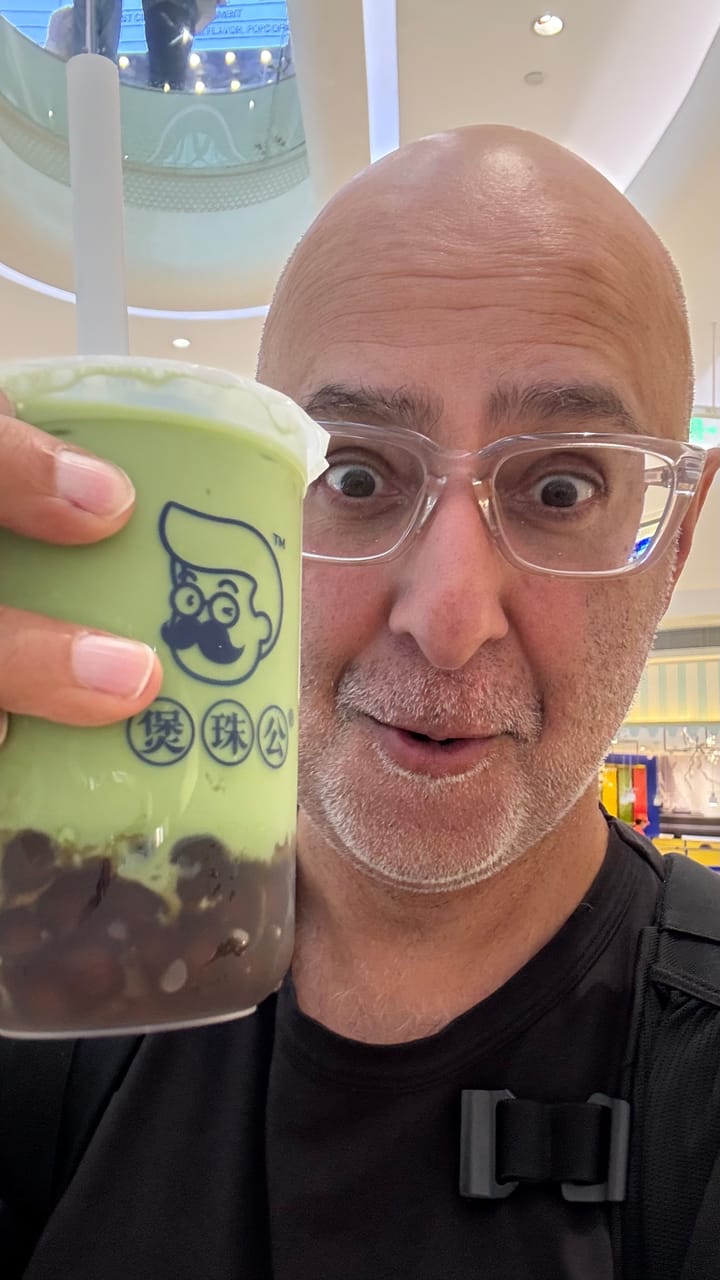A Field Note on Trusting Your Body Over the Machine
Smartwatch says you slept badly? A deep dive into data anxiety and why trusting your own body is the key to true well-being.

I woke up this morning feeling good. Genuinely refreshed, clear-headed, and restored. The kind of feeling that signals the start of a good, productive day. Then, I made a mistake that is becoming all too common in our modern lives: I looked at my watch.
It informed me, with the dispassionate authority of an algorithm, that my sleep was poor. My heart rate variability (HRV), a key indicator of my nervous system’s readiness to perform, was low. My overall ‘readiness score’ was a dismal 58 out of 100. In an instant, my subjective, embodied feeling of well-being was replaced by a data-driven anxiety. Am I actually more tired than I feel? Should I cancel my workout? Is something wrong?
This tiny moment is a perfect metaphor for a dangerous trend: we are outsourcing our self-awareness to our devices.
The Allure of the Quantified Self
The promise of the "quantified self" movement is alluring. Our watches, rings, and apps offer us a dashboard of our own existence. They give us metrics on our sleep cycles, our stress levels, our step counts. The idea is that with enough data, we can hack our biology and become healthier, happier, and more productive versions of ourselves. We can turn the messy, unpredictable business of being human into a neat set of variables we can control.
The Hidden Cost: Outsourcing Our Inner Compass
But as a former psychologist, I see a hidden and profound cost. For our entire evolutionary history, humans have relied on a remarkable internal sense called interoception. This is our ability to feel and understand what is happening inside our own bodies. It is the quiet wisdom that tells you when you are truly hungry, not just bored. It is the subtle feeling of unease that signals you need to rest, or the internal sense of calm that tells you you’re on the right track. Interoception is the bedrock of our intuition, our most fundamental data stream.
When we consistently ignore this internal voice in favour of an external authority, the same thing happens as when we rely exclusively on a GPS to navigate a city: we forget how to read the map ourselves. Our faculty for interoception begins to erode. We stop asking, "How do I feel?" and instead ask, "What does my dashboard say I feel?" Our locus of control shifts from internal to external.
This creates a new and insidious form of stress. Well-being ceases to be a feeling to be inhabited and becomes a performance metric at which we can fail. We now have people reporting "sleep anxiety"—a genuine fear of getting a bad sleep score, which, with cruel irony, leads to a bad night’s sleep.
We have created the bizarre psychological paradox of being stressed about not performing well enough at resting.
A Kiwi Paradox: Data vs. Intuition
This trend creates a particular friction here in New Zealand. Our cultural ethos has always been tied to a more embodied, intuitive approach to health. It is the wisdom of "getting out for a good tramp," the satisfaction of a hard day's work in the garden, the quiet belief in "listening to your body." It’s a culture that has historically trusted the feeling of the sun on your skin or the pleasant ache of tired muscles as reliable indicators of a life well-lived. The data-driven anxiety of Silicon Valley, with its focus on optimisation and performance, feels like an imported cultural value that doesn't quite fit our national character.
The Middle Way: Using Data as a Guide, Not a Gospel
The solution isn’t to throw our smartwatches in a drawer. That would be to deny ourselves a genuinely useful tool. The data our devices provide can be a valuable conversation starter. A surprisingly low readiness score on a day you feel fine could prompt you to ask useful questions: Am I getting enough of a certain nutrient? Is there a low-grade stressor I'm not consciously aware of? The data can be a valuable second opinion.
But it cannot be the final word. The path forward is a "middle way." It is a conscious decision to treat the data from our devices as a guide, not a gospel. It is the practice of acknowledging the data, considering it, and then turning our attention inward to ask the most important question: "But how do I actually feel?"
The final authority on your well-being must always be you. Your lived, embodied experience is the primary data source. The goal is to cultivate a state of self-awareness so robust that you can look at a low score on your watch, acknowledge it with interest, and then confidently say, "That’s interesting. But I feel good today, and I’m going to trust that."
In an age of endless external data, the most radical act of well-being may be to simply trust ourselves.



Comments ()